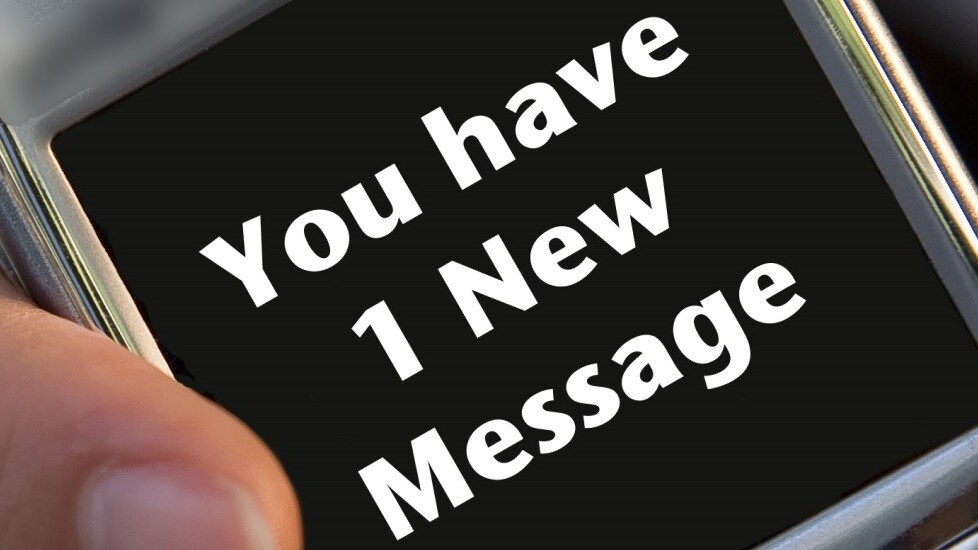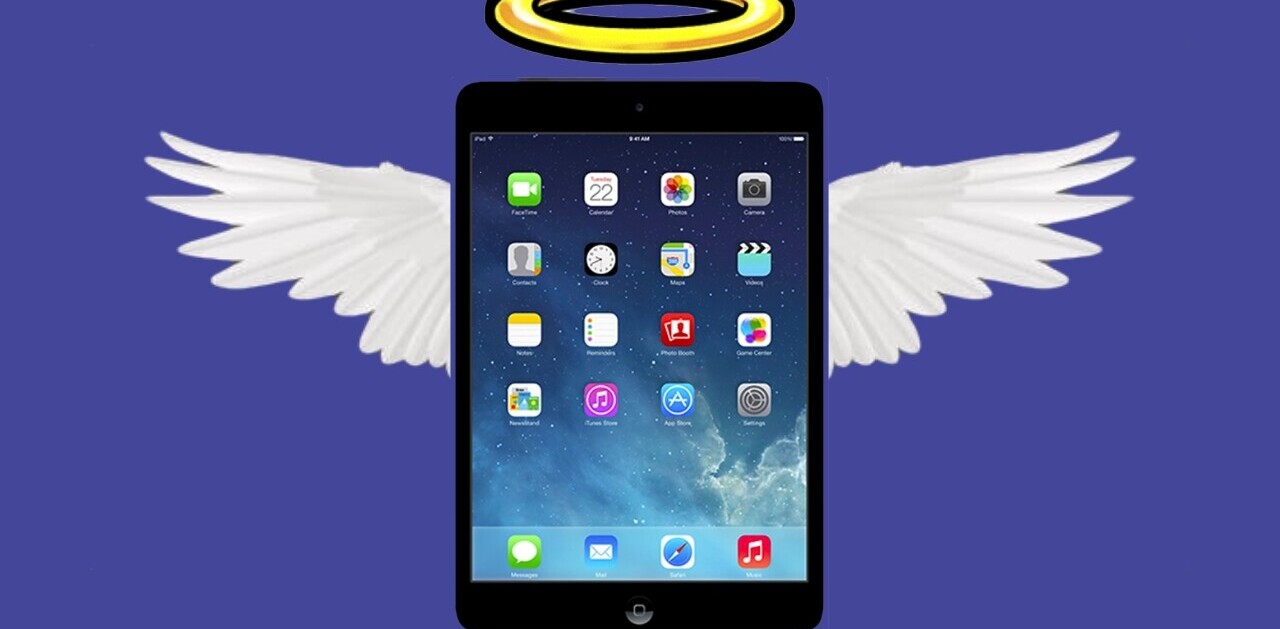
The US Federal Trade Commission (FTC) today announced it has charged affiliate marketer Jason Cruz more than $185,000 for sending millions of spam text messages to random phone numbers. The unwanted text messages sent to consumers falsely promised “free” gift cards and electronics.
Cruz has agreed to settle with the FTC, but isn’t able to pay the judgment of more than $185,000, which represents all of the money he received in connection with the scam. As a result, all but $10,000 of the monetary judgment has been suspended, meaning he has to pay just over 5 percent.
The FTC alleges Cruz’s text messages offered free merchandise such as $1,000 gift cards to major retailers, or free iPads, to individuals who clicked on links in the messages. A typical message read, “You have been selected for a $1,000 Walmart GiftCard, Enter code ‘FREE’ at [website address] to claim your prize: 161 left!”
Duped consumers were taken to websites that requested personal information and required them to sign up for multiple risky trial offers to qualify for the supposedly “free” gifts; most of the trial offers were for questionable products and services that cost money or resulted in recurring monthly charges. Cruz is required to destroy all consumer information he may have acquired over the course of the scam, as well as cooperate with any further FTC investigations.
He is also permanently banned from sending or assisting others in sending unsolicited text messages to consumers, deceptively presenting an offer as “free,” and from misleading consumers about the use of their personal information. Of course, all of that is illegal anyway – so “banning” him from doing those things is only a formality.
See also – Path fined $800,000 by the FTC over underage signups, settles unauthorised iOS contact data collection and HTC settles with FTC on charges it failed to secure logging data, exploitable flaws on millions of devices
Top Image Credit: linusb4
Get the TNW newsletter
Get the most important tech news in your inbox each week.




